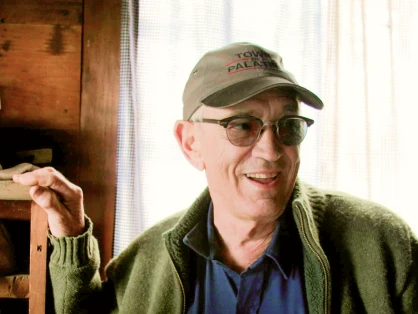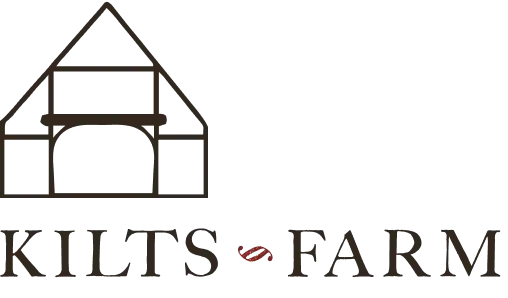My mind drifts back for much of its 88 years. I arrived at the home along the creek south of Marshville, NY where I spent my youth. My mother Margaret Garlock Barshied (1906-1987) was a lifelong horse lover. The first horse I remember was Jenny who had been Mother’s companion since she was young. Jenny needed food and water. Grandpa set aside a small pasture. Water was another matter. The pasture bordered a creek but the bank was too steep to get down. A pipe lead from a spring to a huge iron kettle where Jenny could drink. The water ran constantly so it was never frozen. Grandpa said the kettle was brought down from the old Garlock farm where his family had settled in the late 1700s. In that day and age the forest had to be cut to establish workable fields. Most of the wood was rolled together and burned. The ashes from those fires produced a cash product for those early pioneers. The cold ashes were put into hollow, upright log tubes or barrels. Water was poured through the ashes. The overflowing liquid was diluted lye. If this caustic liquid was further boiled in the large potash kettle it became a solid mass called potash. If it further boiled until it became more pure it was called pearl ash. These thick-sided iron kettles would allow the liquid to be boiled until it left a solid mass. The areas where a considerable amount of potash was made were called asheries. The product was readily sold for much needed cash. The main uses for potash was for tanning hides, cloth dying and soap making.
Following the path of the potash kettle George Garlock listed two potash kettles in his will in the mid 1820s. Where he bought them is unknown but the place of manufacture is cast into the side of the kettle. The letter TABERG appear. The iron foundry at Taberg (north of Rome) was established about 1811. It cast cannon balls for the military in 1812.
The kettle’s path took it to the family home as I have written in the early 1900s. There it remained in family hands until the property was sold in 1948. My brother was born a few days from when I moved to Stone Arabia. No one remembered to take the kettle along when my parents moved to the Marshville Village. Soon the ancient kettle disappeared, at least for a few years. The writer saw a large upturned kettle in a scrap yard at Hessville. It turned out to be the Garlock family kettle. It was moved to Kilts Road while my mother yet lived. Unfortunately it was cracked by frost years ago. The reader now knows the tale of a family relic which will soon fall into obscurity.


